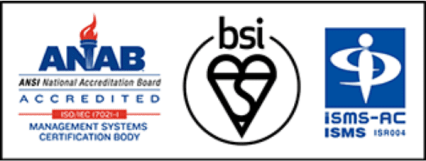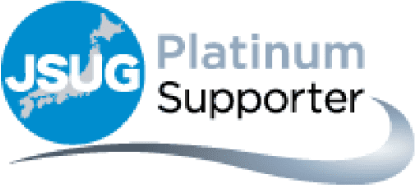Seminars & Events
View More
SAP Solutions
SAP Corporate Profile
SAP is a global leader in enterprise applications and business AI, headquartered in Walldorf, Germany.
Since its founding in 1972, SAP has focused on developing business process management software. Beyond delivering software, the company actively tackles global challenges and supports corporate transformation as a trusted partner.
SAP leads the way in helping organizations address complex business issues by providing innovative solutions, enabling customers to achieve their best possible outcomes.
SAP empowers organizations of all sizes and industries to transform into intelligent enterprises by leveraging ERP, IoT, and advanced analytics to automate operations and enhance management capabilities.
This transformation helps companies achieve results more efficiently, adapt to change, and differentiate themselves in the market.
In doing so, SAP also fosters growth across industries, customers, partners, and employees—contributing to the creation of a better society.
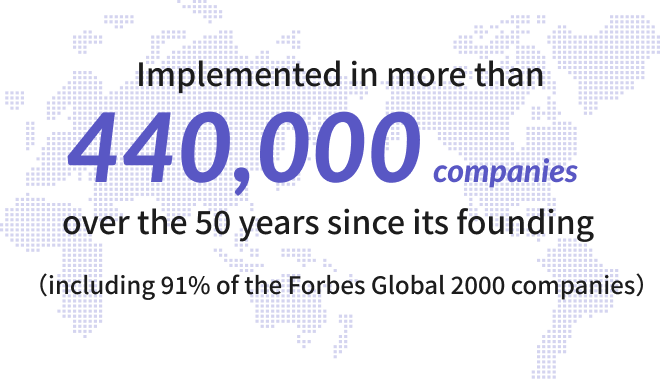
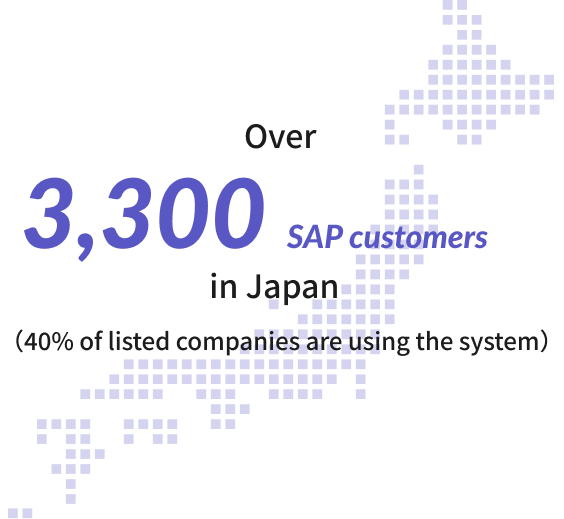
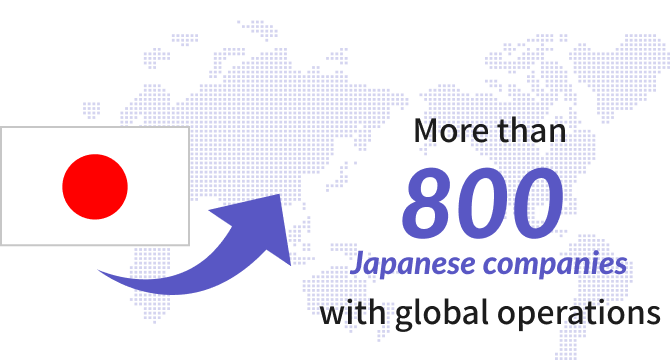
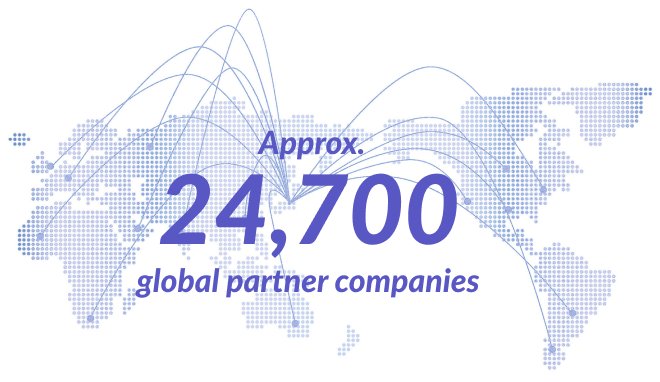
SAP is committed to a sustainability strategy aimed at achieving zero emissions, zero waste, and zero inequality.
The company actively strengthens efforts around climate action, circular economy, and social responsibility. SAP is also engaged in CSR initiatives such as expanding economic opportunity and supporting education and employment.
In addition, through continuous investment in cutting-edge technologies—including AI, IoT, and analytics—SAP empowers businesses to drive sustainable growth and transformation.
Sustainability Management
SAP envisions a world with zero emissions, zero waste, and zero inequality.
Its sustainability approach emphasizes climate action, circular economy, and social responsibility, aiming to generate positive economic, social, and environmental impact—while operating within the planet’s boundaries.
Corporate Social Responsibility(CSR)
SAP actively promotes equitable access to economic opportunity, education, employment, and the circular economy.
With a deep commitment to tackling global challenges such as climate change, poverty, and inequality, SAP advances its CSR efforts by striving to create a better world and improve people’s lives.
Introducing Joule: SAP’s Generative AI Copilot
SAP offers Joule, a natural language-based generative AI copilot that is transforming how businesses operate. Integrated into SAP’s cloud enterprise portfolio, Joule quickly organizes data across multiple systems and delivers smarter insights—helping users execute tasks faster and achieve better business outcomes.
SAP Solutions
This section introduces SAP’s flagship product—Enterprise Resource Planning (ERP)
—along with key complementary solutions that enhance its effectiveness.
SAP S/4HANA Cloud is a modular, cloud-based ERP system equipped with AI and analytics capabilities, offering broad applicability across industries.
It integrates a wide range of operational data in real time—from procurement of raw materials and outsourced services, to production time and processes, inventory movements, warehouse costs, sales, pricing, and accounts receivable—flowing all the way through to accounting at the line-item level.
This enables precise and accelerated financial closing (financial accounting), as well as profitability management by department and product-level cost control (managerial accounting).
A wide array of business scenarios is built into the system, allowing companies to choose and implement those best suited to their specific needs.
A Framework Adaptable to
Any Industry’s Business Operations
SAP offers a wide range of business scenarios tailored to industries such as manufacturing, trading, logistics, finance, and services. Companies can choose the scenarios best suited to their operations and build their workflows accordingly.
Instead of relying on custom development, this scenario-based approach allows for flexible adaptation to external changes or internal shifts in business direction. As a result, it supports both current needs and future growth, making it a long-term, sustainable solution.
Global Standard System
SAP supports multiple languages and currencies, as well as compliance with local regulations, making it an ideal solution for companies engaged in international business. It enables centralized management of domestic and overseas group companies on a company code basis, while allowing standardization of master data and account structures—creating a unified global platform.
SAP also benefits from the United VARs global alliance, a network of leading SAP partners focused on mid-sized growth companies around the world. This ecosystem provides access to experienced local partners who help solve a wide range of international challenges.
Technology that Ensures Operational Excellence
For over 50 years, SAP has continuously developed its integrated database with the goal of enhancing productivity in core business operations.
A major driver of operational quality lies in how effectively information is shared and decisions are made. Real productivity comes from consistently collecting, viewing, and accurately assessing both business and management data.
This capability is made possible by SAP’s uniquely integrated database technology. It not only ensures seamless data flow but also enables structured accumulation of large volumes of information—forming a foundation for advanced machine learning and automation applications.
In addition to this core strength, SAP also offers a range of solutions addressing today’s global challenges.
Climate Action
Solutions
Circular Economy
Solutions
Social Responsibility
Solutions
In addition to SAP S/4HANA Cloud, SAP offers a wide range of complementary systems designed to maximize the value of SAP S/4HANA. These include solutions that support supply chain management—such as demand forecasting—as well as HR systems for managing workforce information.
With coverage across diverse business domains, these solutions collectively enhance strategic decision-making. Below, we introduce some of the most representative peripheral solutions in the SAP ecosystem.
IBP
(SCM Planning)
A solution that supports supply chain planning, including sales and operations planning, demand forecasting, and inventory optimization.
Fieldglass
(Contingent Workforce Management)
A solution for managing the entire process of external workforce engagement—from posting job openings and comparing candidates to issuing work orders, confirming deliverables, and handling invoicing and payments.
SAP C/4HANA
(CRM)
A customer management solution that covers the entire customer lifecycle, from pre-sales activities to post-sales service.
Concur
(Expense and Travel Management)
A unified solution for managing the full expense process—from request and approval to settlement and payment of business and travel expenses.
SuccessFactors
(Talent Management)
A talent management solution that helps manage recruiting, development, training, placement, and evaluation, while improving visibility into internal human resources.
Recent SAP Solutions
While SAP ERP is often associated with large enterprises, it is widely adopted by companies of all sizes across various industries. In recent years, implementation has been especially growing among mid-sized growth companies.
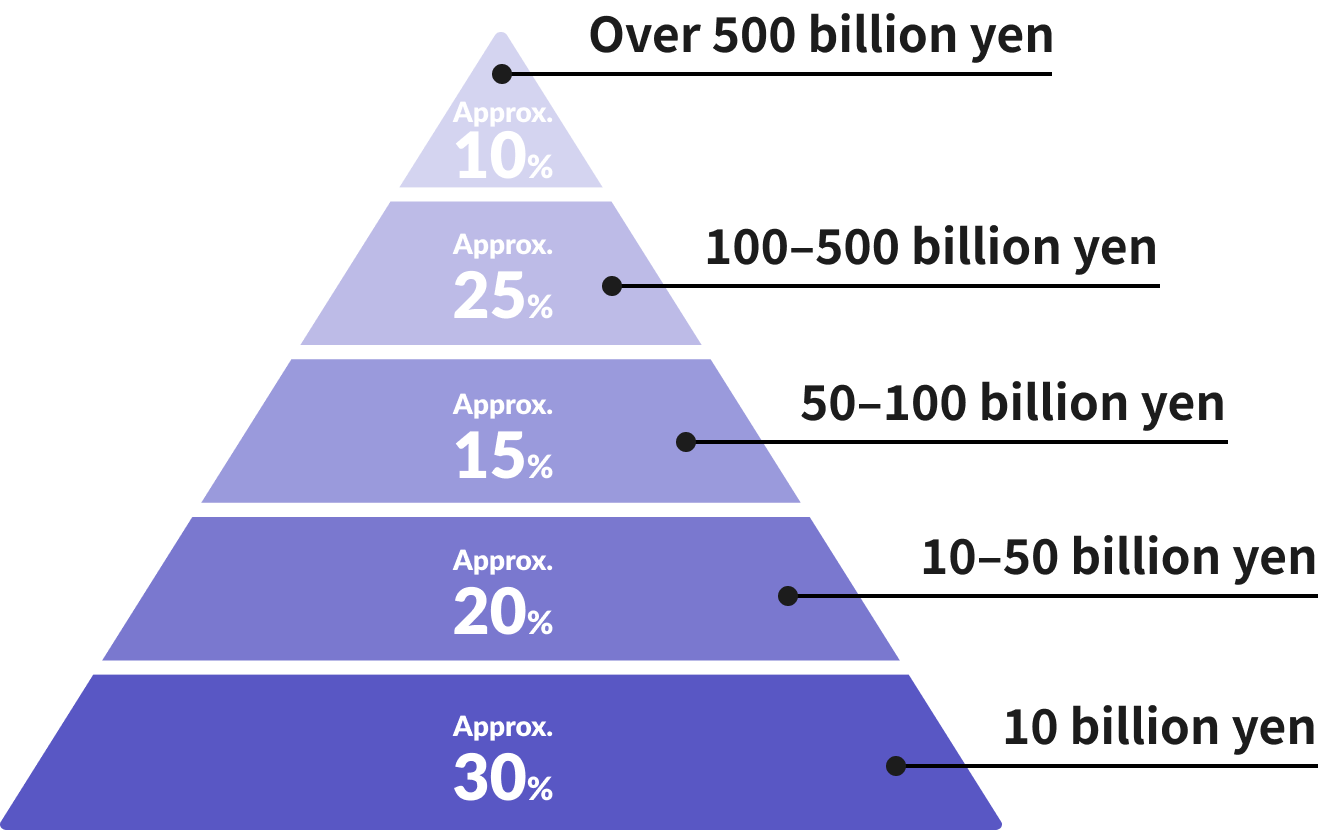

Driven by changes in the labor environment—such as workstyle reforms and a declining workforce—combined with rapid advances in AI, IoT, and other technologies, the role of ERP systems is undergoing a significant transformation.
As ERP’s role evolves, routine tasks such as data entry and registration are increasingly handled by the system itself. This enables people to focus on higher-value activities.
The key question is no longer “How can we implement ERP well?” but rather “How can we leverage ERP effectively?”
Considering Our Services?
Contact Us Today
 For those considering SAP solutions
For those considering SAP solutions
 Certified Partner Program
Certified Partner Program
